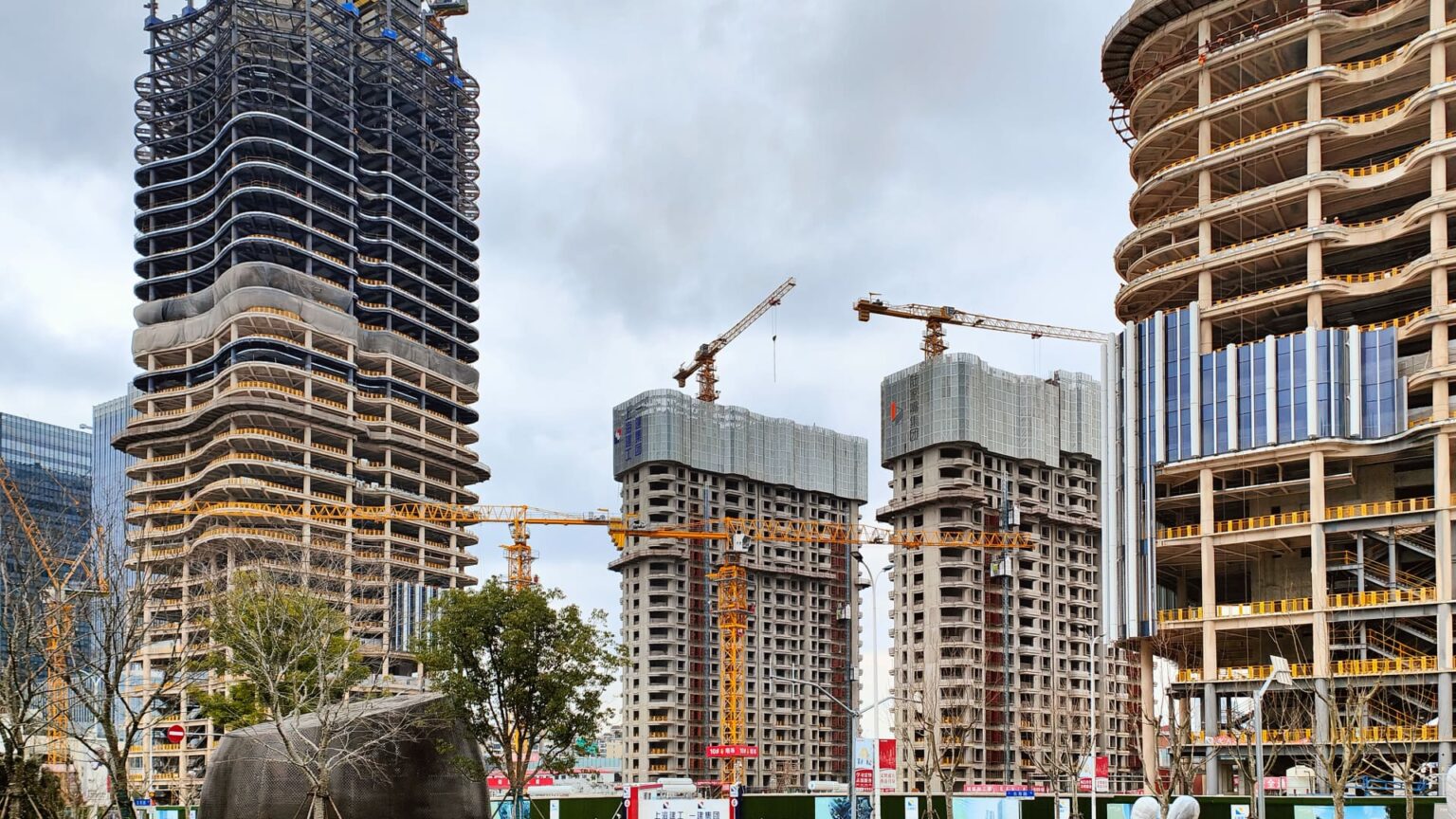BEIJING — More people in China want to buy houses again, according to a first quarter survey released Monday by the People’s Bank of China.
The share of respondents planning to buy a home in the next three months rose to 17.5% in the first quarter. That’s up from 16% in the fourth quarter survey and the highest since the first quarter of 2022, survey data showed.
Market expectations also improved. The survey found that 18.5% of respondents anticipated an increase in house prices, up sharply from 14% in the fourth quarter and the highest since the third quarter of 2021.
The increase follows the end of China’s Covid controls. Central and local governments have also rolled out support for property purchases and developers in the last year.
In the summer of 2022, a number of homebuyers decided not to pay their mortgages after Covid and financial difficulties kept developers from delivering apartments on time. Houses are typically purchased ahead of completion in China.
Signs of a real estate turnaround
Other reports indicate a coming turnaround in China’s property market slump.
In March, home prices rose for the first time in more than seven months.
That’s according to a study of 100 cities that found the average price per square meter for a new apartment rose month-on-month by 0.02% to 16,178 yuan ($219 per square foot) released over the weekend by the China Real Estate Index System (CREIS), a consultancy.
Market trends varied across the country.
In terms of floor space, the CREIS study found that transaction volume in the cities of Hangzhou and Tianjin doubled in the first quarter from a year ago, compared to China’s largest cities which only saw a 0.2% increase.
Separately, property manager JLL said the high-end residential market in Beijing saw transaction volume climb by 20% in the first quarter from the prior quarter.
Most people still prefer to save
The PBOC survey found that most people were still inclined to save, despite China ending its stringent Covid controls in December.
In the first three months of the year, the share of respondents saying they preferred to save fell by 3.8 percentage points from the prior quarter to a still relatively high 58%.
During the pandemic, people’s penchant to save soared to record highs, the central bank survey showed.
The share of respondents saying they preferred to spend rose by 0.5 percentage points to 23.2%, the first quarter survey found.
Education and healthcare remained by far the most popular spending categories, while travel saw a significant jump from the fourth quarter.
The central bank’s quarterly survey covers about 20,000 people with savings deposits, spread across 50 cities in China.
Read the full article here










